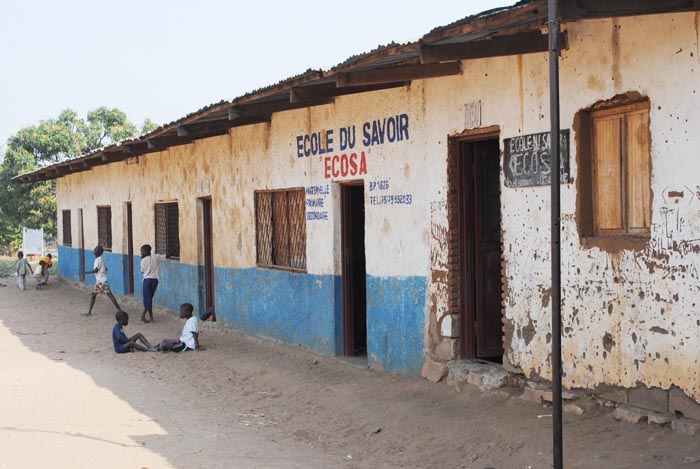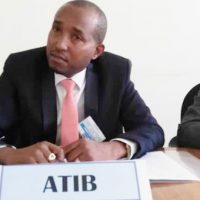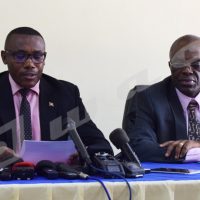School insurance should cover accidents suffered by students during school hours and breaks or on the journey to school. Some parents complain that when accidents occur, they are not compensated even though they pay for insurance fees each year.-By Lorraine Josiane Manishatse
“One day, I received a call from the authority of “J” school in Ngagara Commune where my child is studying, saying that my son had broken his leg, and that I should go to the school and bring him to hospital because he was crying out in pain. As I arrived at the school, I thought that the management would accompany us by car and pay for the medical care. I was surprised to be informed that I should pay all medical care myself. I took a taxi and brought him to the hospital myself”, says Joshua’s mother.
She indicates that later, she asked the school headmaster to support her because her kid had spent more than a month undergoing treatment. “The headmaster responded that the school was newly approved, and that the school doesn’t have money to pay for pupils who have an accident,” explains the victim’s mother. “Yet, parents pay school insurance fees each year”, she continues.
For Ernestine Kamikazi whose child studies at “H” school in Jabe Commune, the way that the school insurance that parents pay each year is managed is not clear at all. “It is not easy to be compensated when our children have a problem when they are at school. Some parents prefer to pay for their child’s medical care themselves, because compensation from the insurance takes a long time and there are many formalities to take care of”, she says with an angry voice.
She demands that school authorities and the government of Burundi review how school insurance is managed, because it is unjust that parents have to pay for medical care when an incident happens even though they pay school insurance each year.
School insurance is obligatory
Eulalie Nibizi, the Chairperson of STEB, the syndicate of primary school teachers, states that school insurance is obligatory for all educational institutions. “For public secondary school insurance fees is included in schooling fees. As the primary school is free, the government pays for insurance in clearing fees. But for private schools, as parents pay insurance fees each year, it is obligatory that school authorities pay the insurance companies to cover their pupils”, says Nibizi.
She urges parents and the government of Burundi to follow up if all schools respect that rules in order to avoid confusion.
Guillaume Niyitanga, the marketing officer at SOCABU insurance, explains that it is the responsibility of the school principals to insure their pupils. “Some school headmasters ask for pupils’ insurance for any incident that can happen to them when they are coming to school, when they are at school or when they are returning back home from school. For those insured schools, when an incident happens, school authorities should report this to the insurance company in order to receive damage payment”, he points out.
Concerning the period it requires for the payment, he explains that it depends on the place and circumstance where the incident happened.




















 IWACU Open Data
IWACU Open Data

